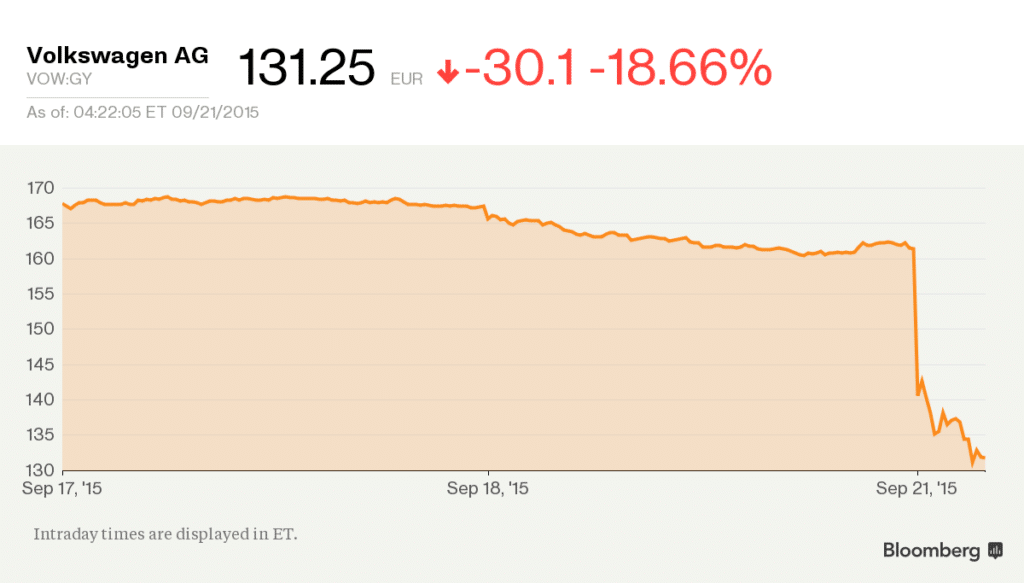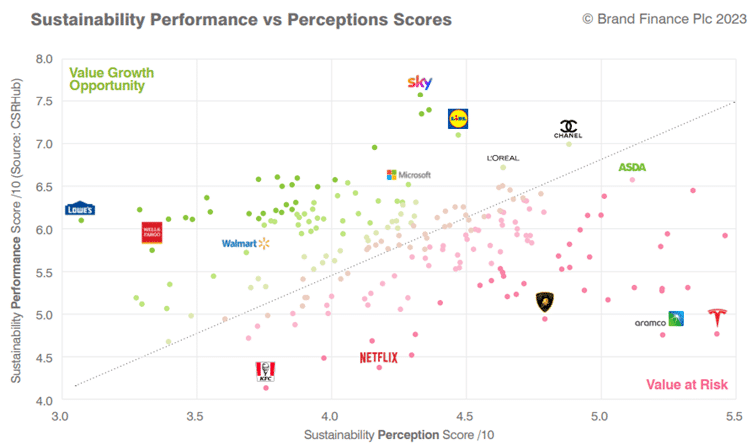Greenhushing vs Greenwashing: Tackling Sustainability Misinformation
Source: CNN
16 November 2023 – by Eric Koons
In an era where demand for sustainability is steadily growing, the corporate use of greenhushing and greenwashing has emerged as a dual challenge. Organisations are using these tools to avoid public scrutiny and to appear more sustainable than they actually are.
Luckily, public awareness of both strategies has increased, and governments are starting to monitor greenwashing and greenhushing practices. However, both practices are still rampant, with greenhushing or green hushing becoming even more common as corporate accountability on environmental and sustainable practices grows. The first step in identifying and avoiding companies that use these practices is understanding what they are.
What Is the Difference Between Greenhushing and Greenwashing?
Greenwashing is the act of misleading stakeholders into believing that a company’s products, aims or policies are more environmentally friendly than they are. It’s a deceptive marketing ploy that can involve exaggerating or fabricating sustainability claims. For instance, a company may claim that their products are made with 100% recycled materials when they only contain a tiny fraction.
On the other hand, greenhushing is when companies under-communicate their genuine green initiatives. It’s a quieter strategy whereby companies claim to have noteworthy sustainability practices and measures but choose not to promote or mention them. A company might have significantly reduced its carbon footprint but won’t publicise this achievement, fearing further scrutiny or the responsibility of upholding such standards in every business area.
Greenhushing vs Greenwashing: A Comparison
To understand the difference between greenhushing and greenwashing, consider two hypothetical companies. Company A, a producer of household cleaners, launches a campaign for a “new, green” product line, while in reality, the formulas are unchanged and remain potentially harmful to the environment. This is greenwashing. On the other hand, Company B has managed to cut down emissions and water usage in its manufacturing process but doesn’t include this information in its annual report or marketing materials. This is greenhushing.
Both tactics can be harmful in different ways. Greenwashing creates a false impression of environmental stewardship, misleading consumers and muddying the waters for genuinely sustainable products. Greenhushing, while less overt, can withhold valuable progress information that might encourage industry-wide changes and informed consumer choices.
Examples of Companies Greenwashing and Greenhushing
There are countless real-world examples of companies or fashion brands accused of greenwashing or greenhushing. That said, greenwashing tends to be much more public, whereas greenhushing is inherently more overt. They both can mislead consumers.
Volkswagen
One of the most iconic cases of greenwashing is Volkswagen’s false emissions reporting of its diesel vehicles. Between 2009 and 2015, the carmaker sold over 500,000 cars in the U.S. and underreported their emissions. This allowed Volkswagen to brand its cars as some of the most environmentally friendly on the market.
It gave the brand a positive public image and likely increased sales. The company was caught in 2015, fined billions, sustained significant reputational damage and lost billions of dollars in value.

H&M
A recent accusation of greenhushing has been brought against the fast fashion brand H&M. H&M has been criticised for years for overproduction leading to waste and unethical environmental and labour practices. However, in 2019, the company released its “conscious collection” of products that were produced using sustainable materials and marketed as “sustainable” and “eco-friendly”.
H&M heavily advertised this line of products yet remained relatively quiet about other green initiatives and progress made on existing sustainability goals. While the “conscious collection” is more sustainable than most of H&M’s other products, it doesn’t offset the other poor environmental practices of the company.
Is Greenhushing the New Greenwashing?
The term “greenwashing” was first coined in 1986. However, “greenhushing” has only reached the public sphere in the last several years.
These days, many companies are opting for greenhushing, which draws less attention than greenwashing or false claims. While there is limited quantitative data on the prevalence of greenhushing, it is becoming anecdotally more common.

Moreover, as regulatory bodies and consumer groups become more vigilant about greenwashing, greenhushing has emerged as a quieter evasion tactic. Rather than risking the legal and reputational damages associated with greenwashing claims, which can be significant, companies may choose the path of least resistance: silence.
The consequences of this shift can be complex. While it avoids the immediate pitfalls of greenwashing, greenhushing may lead to a lack of trust and information for consumers who want to make eco-friendly choices and a more sustainable world. It could also result in missed opportunities for companies to lead in their sectors and for industries to collaborate on effective climate strategies.
Unveiling the Impact of Eco-misrepresentation on Sustainability Efforts
Both greenwashing and greenhushing create barriers to genuine sustainability progress. They propagate consumer mistrust and stifle the exchange of positive practices that could accelerate environmental benefits and improvements across industries.
For the corporate sustainability movement to flourish, transparency must be at its core. Companies should be encouraged to report their environmental impacts accurately to cope with the demands of sustainability reporting. This allows consumers to make informed decisions and fosters an atmosphere of accountability.
Ultimately, a shift away from greenwashing and greenhushing is crucial for a more sustainable future, for the health of our planet and for the integrity of our markets. As consumers become more knowledgeable and regulators more stringent, the hope is that the era of eco-misrepresentation will give way to authentic and proactive environmental stewardship.
by Eric Koons
Eric is a passionate environmental advocate that believes renewable energy is a key piece in meeting the world’s growing energy demands. He received an environmental science degree from the University of California and has worked to promote environmentally and socially sustainable practices since. Eric’s expertise extends across the environmental field, yet he maintains a strong focus on renewable energy. His work has been featured by leading environmental organizations, such as World Resources Institute and Hitachi ABB Power Grids.
Read more
